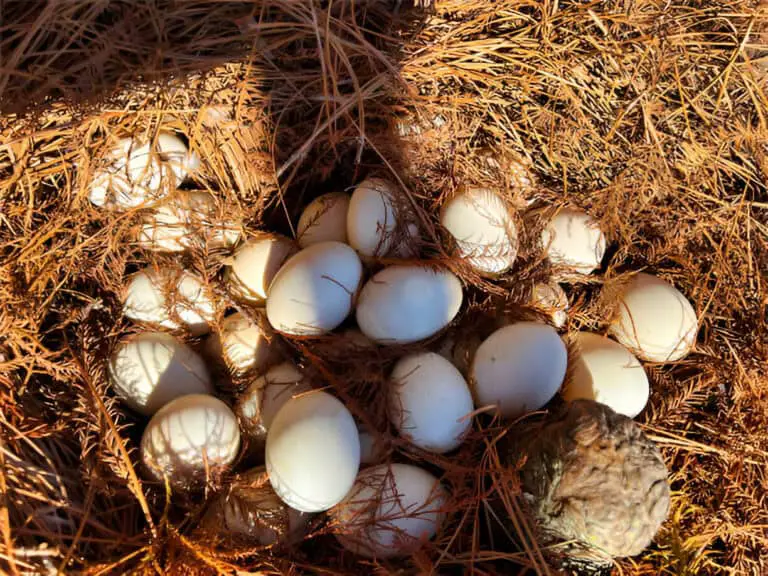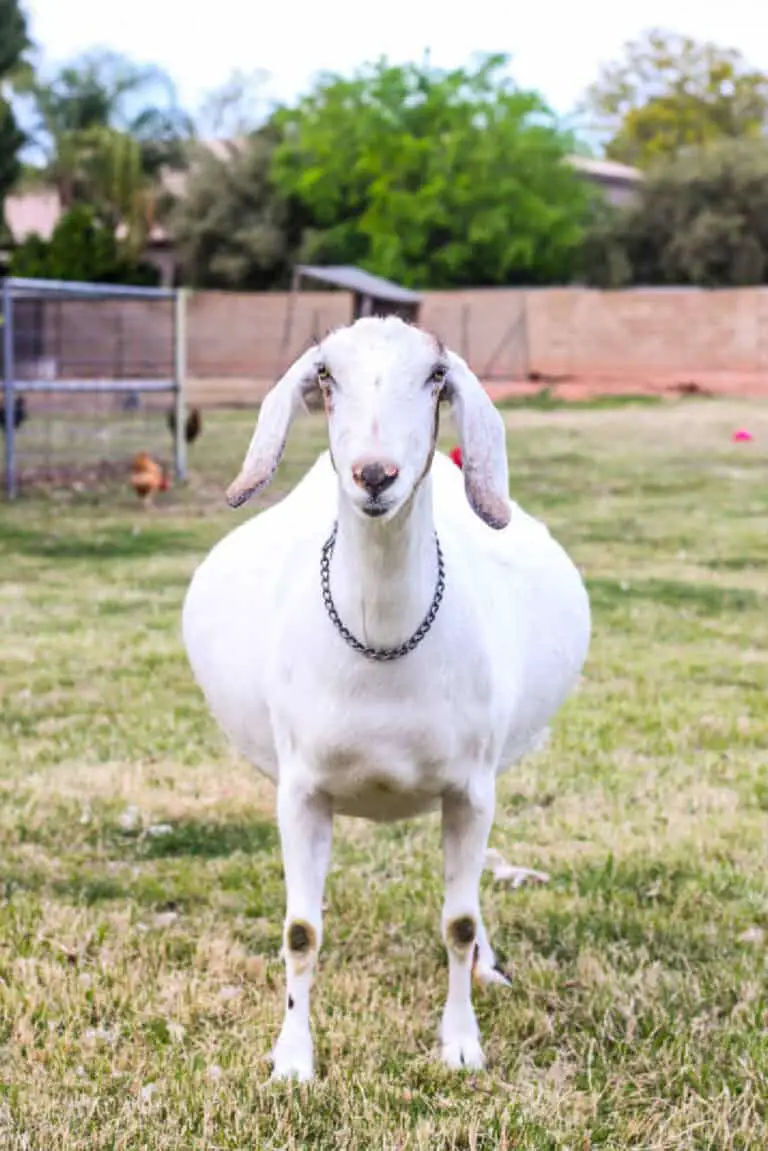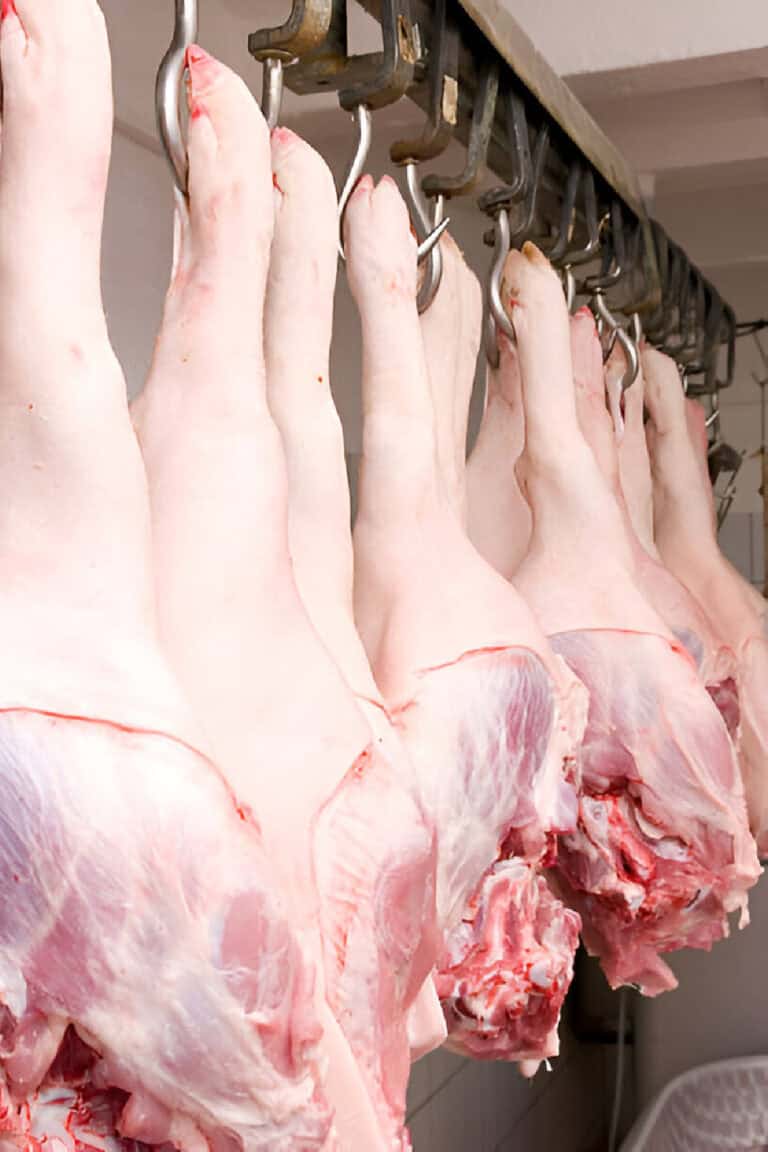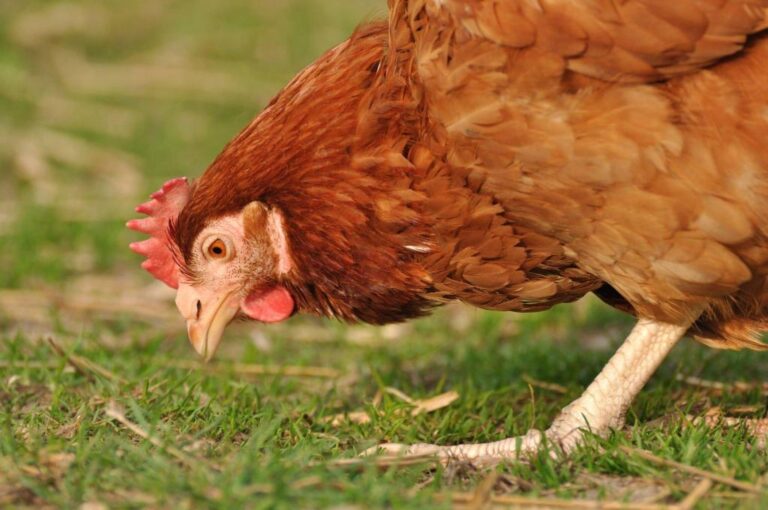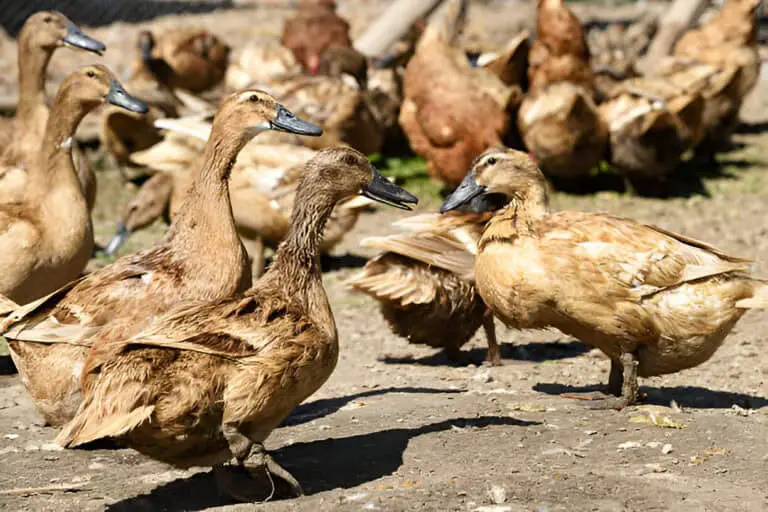Orpington Chicken: A Comprehensive Guide to This Charming Breed
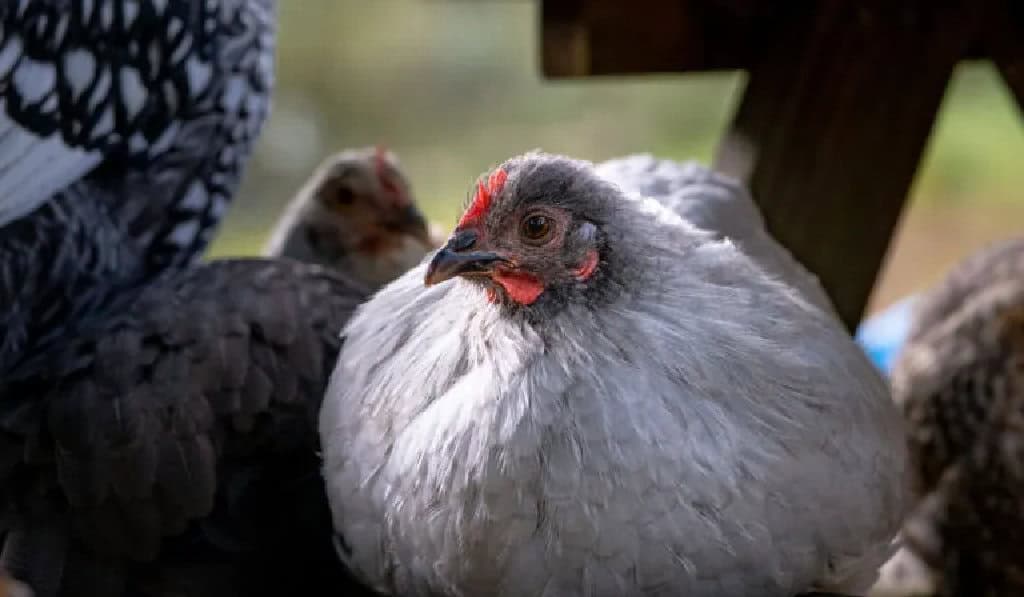
When I first ventured into the world of backyard chickens, I had a clear vision of what I wanted: friendly, hardy, and charming birds that would not only lay delicious eggs but also add character to my yard. That’s when I stumbled upon the Orpington chicken, a breed that ticks all those boxes and then some.
Let me take you on a journey through the wonderful world of Orpington chickens, sharing their traits, care tips, and the joys they bring to my life.
A Brief History of Orpington Chickens
The story of Orpington chickens begins in the late 19th century in England. These beauties emerged from the efforts of William Cook, who aimed to create a bird that excelled in both meat and egg production.
He combined several breeds, including the Langshan, Cochin, and Black Breasted Red Game. The result? A striking bird known for its gentle temperament and robust build.
These birds gained popularity quickly, and by the early 1900s, Orpingtons were making waves across the globe. Their ability to thrive in various climates and environments made them a favorite among poultry enthusiasts and farmers alike.
Today, you can find Orpingtons in backyards, farms, and shows, captivating everyone with their charm.
Characteristics of Orpington Chickens
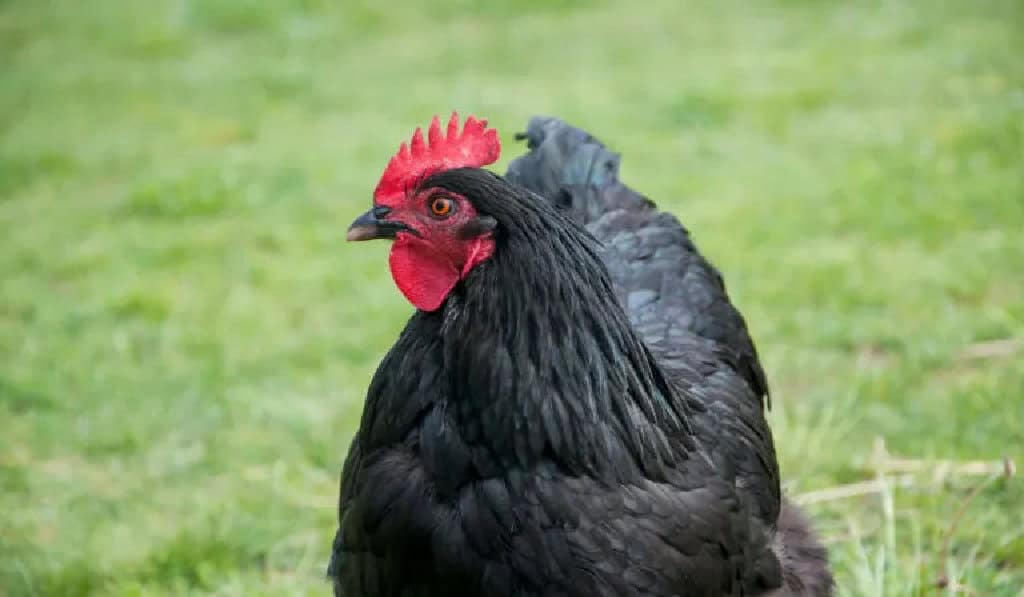
Orpington chickens boast several characteristics that make them stand out in any flock.
Physical Traits
- Size: Orpingtons are considered large birds. They can weigh anywhere from 6 to 8 pounds, with hens typically being on the heavier side.
- Feathering: Their feathers are incredibly soft and fluffy, making them feel almost like living pillows. The most common colors are black, blue, and chocolate, each with its own unique beauty.
- Shape: They have a rounded body shape with a broad breast, giving them an impressive presence.
Temperament
If there’s one thing I can say about Orpingtons, it’s that they have the gentlest souls. These birds are friendly and docile, making them perfect for families and beginners. They enjoy human interaction and often follow me around the yard like little shadows.
Their calm demeanor allows them to coexist peacefully with other breeds, which has made my flock more harmonious.
| Characteristic | Description |
| Size | 6-8 pounds |
| Feathering | Soft, fluffy, various colors |
| Temperament | Friendly, docile, social |
Care Tips for Orpington Chickens
Caring for Orpingtons isn’t rocket science, but it does require a bit of dedication. Here’s how I keep my girls happy and healthy.
Housing
Creating a safe and comfortable home for my Orpingtons is my top priority. I ensure their coop is spacious enough, allowing at least 4 square feet per bird inside. I also provide an outdoor run where they can roam freely. I use straw or wood shavings for bedding, which keeps things cozy and helps absorb moisture.
Nutrition
Feeding my Orpingtons a well-balanced diet is crucial. I rely on a quality layer feed that contains around 16-18% protein. This ensures they receive the essential nutrients for egg production and overall health. In addition to their feed, I give them plenty of fresh greens, kitchen scraps, and occasional treats like mealworms. They thrive on variety, and I enjoy watching them explore new foods!
Health Care
Keeping a close eye on my chickens’ health helps me catch potential issues early. Regularly checking for signs of parasites, respiratory issues, or unusual behaviors keeps my flock healthy. I also make sure they get plenty of fresh water and maintain a clean environment by regularly cleaning the coop and replacing bedding.
Socialization
Orpingtons thrive on social interaction. I often spend time with them in the yard, and I’ve even noticed they respond well to gentle talking and treats. Having a mix of hens and a rooster can also create a balanced environment, as they establish a pecking order that reduces stress.
The Benefits of Raising Orpington Chickens
Raising Orpingtons comes with a host of benefits that make it all worthwhile.
Egg Production
Orpington hens are prolific layers, producing around 200 to 280 large brown eggs per year. These eggs are perfect for breakfast or baking, and I love knowing that my girls are hard at work. Fresh eggs straight from the coop taste far better than store-bought ones, and I enjoy the satisfaction of knowing where my food comes from.
Dual-Purpose Birds
As a dual-purpose breed, Orpingtons provide both eggs and meat. Their substantial size and delicious flavor make them ideal for those considering raising chickens for meat. If I ever find myself in need of a hearty meal, I know I can rely on my Orpingtons.
Family-Friendly Companions
Orpingtons are excellent family pets. Their friendly nature makes them great companions for children, and I’ve seen my kids develop a bond with them. Watching them interact brings joy and teaches valuable lessons about responsibility and caring for animals.
Challenges of Raising Orpington Chickens
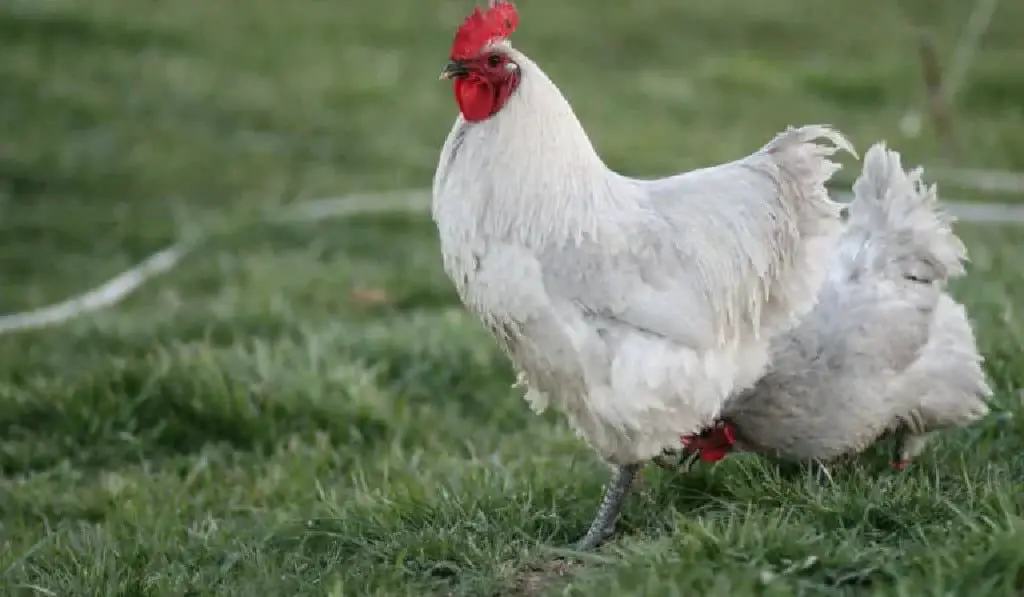
Like any breed, Orpingtons come with their own set of challenges.
Susceptibility to Heat
Due to their dense feathering, Orpingtons can struggle in hot weather. I’ve learned to provide plenty of shade and fresh water during scorching summer days. Setting up a small kiddie pool allows them to cool off while still enjoying the outdoors.
Overeating
Orpingtons love to eat, which can lead to obesity if I’m not careful. Monitoring their diet and ensuring they get regular exercise helps prevent health issues. I sometimes use treats to encourage them to forage, keeping them active and engaged.
| Benefit | Challenge |
| Excellent egg layers | Susceptibility to heat |
| Dual-purpose for meat | Potential for obesity |
| Family-friendly pets | Need for social interaction |
Orpington Chicken’s Lifespan and Health Issues
Orpington chickens are not only known for their delightful temperament but also for their impressive lifespan. Typically, these charming birds can live anywhere from 8 to 12 years under ideal conditions.
A comfortable environment, ample access to clean water, and a nutritious diet contribute to their longevity. However, various factors can affect their lifespan, including health issues and environmental stressors.
Common Health Concerns
Orpingtons, like all breeds, can face health challenges. Some common health issues include:
- Respiratory infections: Keeping their living space clean and well-ventilated helps prevent these problems.
- Obesity: A balanced diet and regular exercise are essential to avoid obesity, which can lead to other health complications.
- Parasites: Regular deworming and maintaining a clean coop are vital for keeping parasites at bay.
Preventive Measures
To ensure your Orpingtons live a long and healthy life, consider implementing these practices:
- Regular health check-ups: Monitor their behavior and physical condition regularly.
- Proper nutrition: Offer a balanced diet with plenty of grains, greens, and protein.
- Safe housing: Protect them from predators and harsh weather conditions.
Conclusion
In my experience, Orpington chickens have proven to be delightful additions to my backyard flock. Their unique characteristics, friendly personalities, and rewarding egg production make them a favorite among chicken enthusiasts. By understanding their needs and providing the proper care, I can enjoy the companionship and benefits these charming birds bring to my life.
So, if you’re considering adding some feathered friends to your home, I wholeheartedly recommend giving Orpington chickens a try. They may just become the jewels of your yard, bringing laughter, delicious eggs, and a touch of nature’s beauty to your everyday life.

